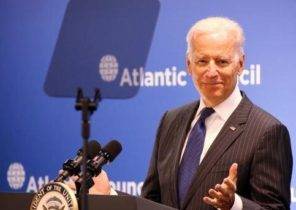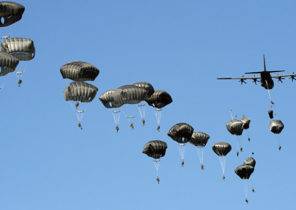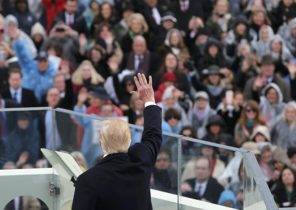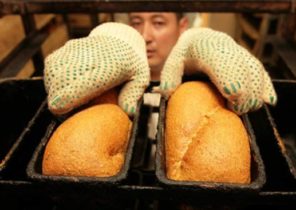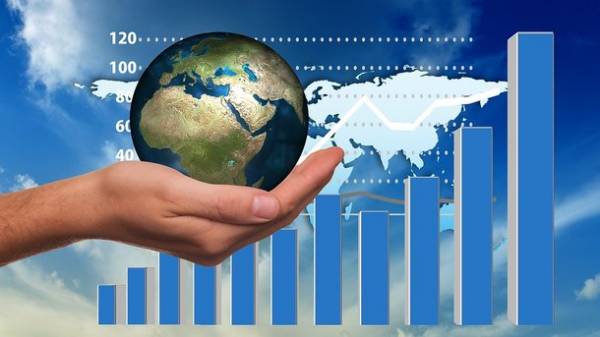
In the field of international trade is gradually gaining momentum of economic nationalism, and the role of transnational associations is reduced. This opinion was expressed by the ex-Minister of agrarian policy of Ukraine, Director of the program of agro-industrial development of the Ukrainian Institute for the future Alex Pavlenko.
“The strengthening of this trend is due to economic policies of the new US President (Donald trump – Ed.) who declared as its priority the increase of protectionist measures in trade relations with other countries,” Pavlenko wrote on his page in Facebook.
According to the ex-Minister, first of all it is discriminatory measures on trade partners:
- compliance with national standards;
- specific sanitary-hygienic and ecological norms that are incompatible with the norms of the partners;
- stimulation of their export with parallel import-substitution;
- competitive devaluation;
- monetary expansion, etc.
“Despite this economic nationalism aimed not only at imposing restrictions of external parties, primarily at enhancing the competitiveness of their companies by subsidizing and providing the various benefits,” says Pavlenko.
Protectionist policies of national governments, especially of developed countries, becomes more intense: the number of discriminatory measures in 2015 to 50% higher than 2014, while in early 2016, this trend intensified.
Most resort to protectionism of the countries “the Big twenty” and the leaders are Russia and the United States.
“If we talk about industries, these are metallurgy, transport equipment and agricultural products. In particular, in most developed European countries there is strong public support for the national agricultural sector, which is manifested in the financing of farmers, the availability of tax incentives, refunds of export expenses and so forth,” – said Pavlenko.
The former Minister believes that if protectionism is transformed from a hidden practice of the open economic policy, the Ukrainian government should develop the rules of trade that would preferences of the domestic producers.

